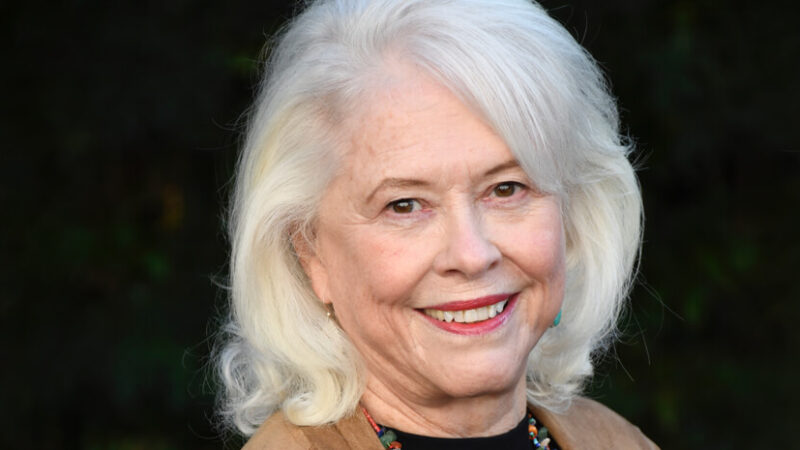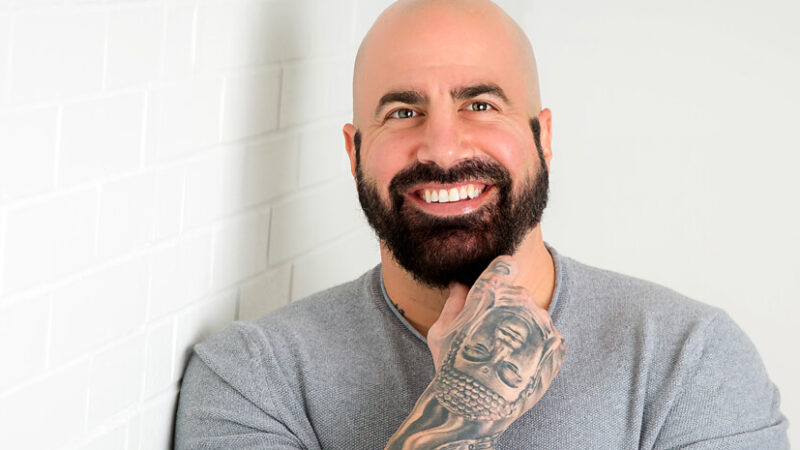A Compassionate Approach to Recognizing Trauma Bonding
The theory of attachment styles became popularized in the last 15 years; now trauma is (finally) getting recognition from the mainstream. But most of us aren’t yet clear about the very deep connection that exists between trauma and certain attachment styles. This is where the concept of “trauma bonding” comes into play.
What is trauma bonding?
Trauma bonding happens when we get attached to someone who is often neglectful or abusive (physically, emotionally, or psychologically), but is also occasionally kind. When we’re attached to someone like this, we typically explain away their bad behavior, claiming “they had a hard day” or “it was my fault they got mad at me.” Rationalization offers us a semblance of protection from seeing the reality of the danger and inequality in the relationship.
It’s common to form a trauma bonding pattern when one of our parents or partners is erratic, abusive, or absent. But often the template of trauma bonding gets applied to many of our relationships.
Signs You Have a Trauma Bond
If you’re in a trauma bond relationship right now, you may make dramatic or sudden life changes or even great sacrifices for the sake of the relationship to the detriment of outside friendships, family, and your autonomy.
Even if the original, harmful relationship is now a thing of the past (e.g., you moved out, you broke up with the manipulative partner, or your former abuser has died), the trauma bonding pattern may remain embedded until you learn how to consciously uproot it.
Signs this trauma bonding template is still present can include:
- Emotionally caretaking others while your own needs and desires are swept under the rug
- Acting as if you continually need to prove your worth to others (and yourself)
- Avoiding being authentic or open because it feels like too great a risk
- Feeling frustrated, exhausted, hypervigilant, or unsupported in relationships due to perceiving pressure coming from others
- A pattern of feeling disempowered around coworkers, a spouse, or family members
What Causes Trauma Bonding?
When we experience stress and feel (consciously or unconsciously) we’re in danger, our sympathetic nervous system activates the “fight or flight” response. As long as that circuitry is activated, we’re not able to plan for the future or assess risks very clearly; our nervous system gets locked in survival mode to get through the stress. In other words, it’s not your fault that you can’t see what’s going on.
The challenge is heightened because of the intermittent reinforcement that characterizes trauma bonds: we receive occasional comfort or love in the relationship, which is sprinkled on top of the typical abuse or neglect. Like other forms of intermittent reinforcement, it’s an addictive combination to be exposed to, and one that hampers our ability to understand we’re being mistreated.
Because we focus so intently on the positive reinforcement we experience from time to time with our abuser, we contort ourselves psychologically to try to get the love as often as we can. Once this pattern is established, it is naturally hard to stop engaging it—again, because of the way our nervous system developed. Getting outside support to stop the cycle is an act of strength and wisdom.
Should You Break a Trauma Bond?
If you’re in clear and real danger, it is most important to find a way to safely remove yourself from harm. Over the longer term, the best approach is learning to create healthy relational boundaries so as not to form or reform trauma bonds.
Once you start to become aware of the trauma bonding pattern operating in you, you can recognize and address the behaviors it causes. You can uncover and listen to your buried needs and wants, and reclaim your personal power and freedom. Doing this can help you shift your nervous system out of past trauma bonding tendencies and toward new possibilities, including nurturing mutual relationships with people who are interested in your happiness and will support your thriving.
To find out more about healing traumas (including trauma bonding), please check out The Healing Trauma Program, hosted by Jeffrey Rutstein, PsyD, CHT.






